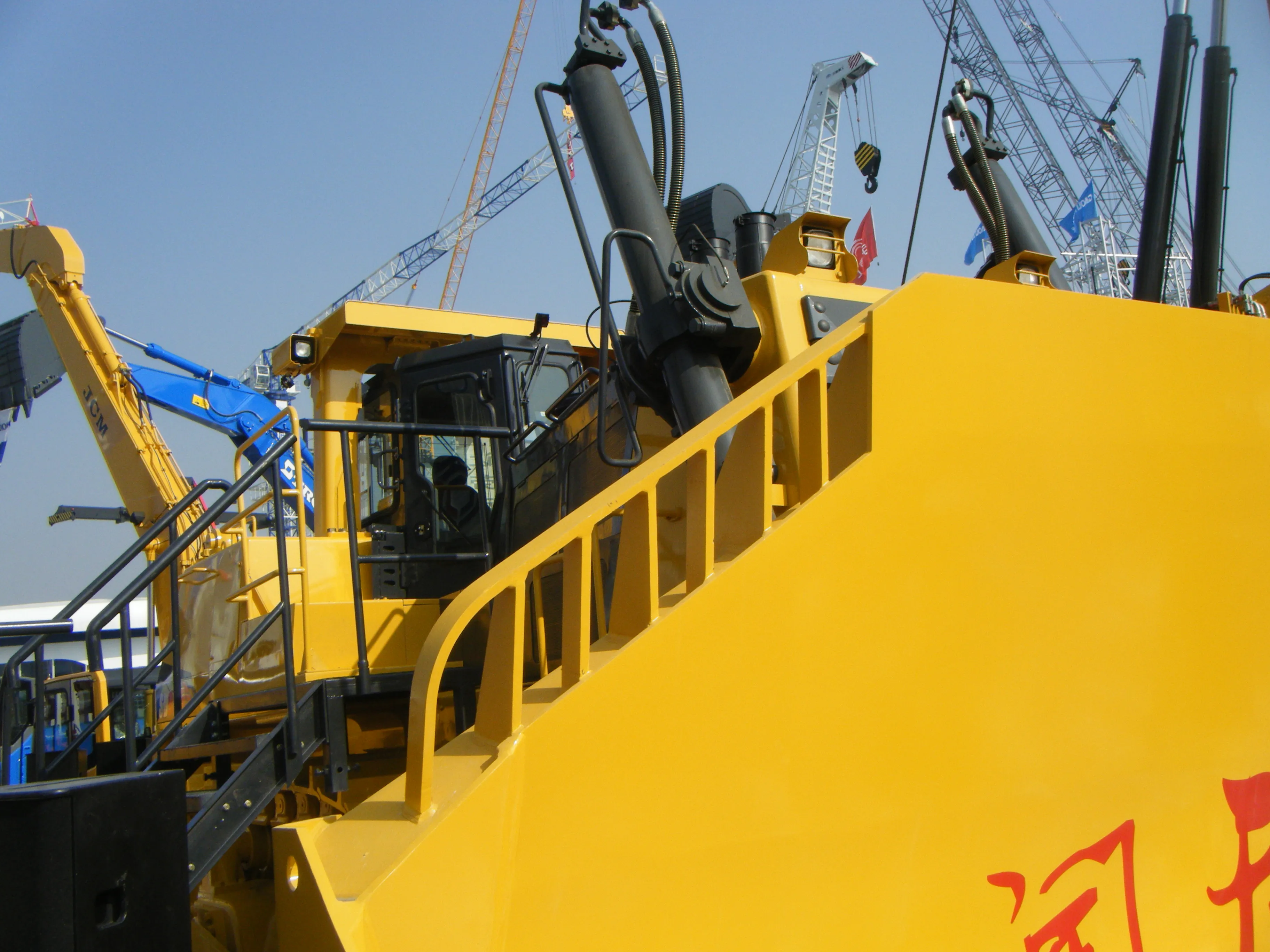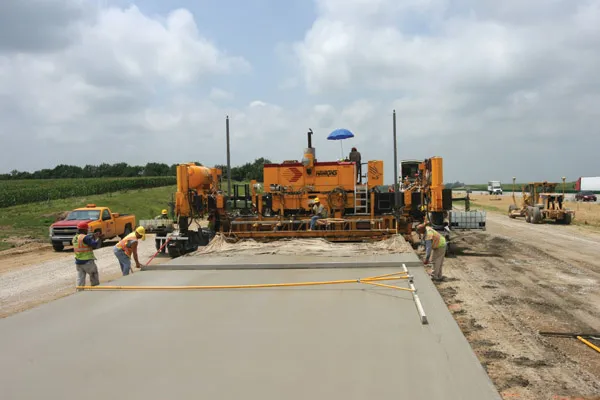Two heavy Atlas Copco hydraulic breakers have been used to demolish a bridge on the A40 autobahn at Junction 28 in Gelsenkirchen-Süd, Germany. The bridge was used to carry the four lanes of the A40 over the B277 main road. As the key route in the Ruhr district, the A40 is being widened to incorporate six lanes, so the old bridge needed to be demolished.
February 24, 2012
Read time: 2 mins

Two heavy 161 Atlas Copco hydraulic breakers have been used to demolish a bridge on the A40 autobahn at Junction 28 in Gelsenkirchen-Süd, Germany. The bridge was used to carry the four lanes of the A40 over the B277 main road. As the key route in the Ruhr district, the A40 is being widened to incorporate six lanes, so the old bridge needed to be demolished.
Viersen-based Prangenberg & Zaum had only two days to complete the demolition, commissioned by945 Strabag. The contractor has a number of Atlas Copco breakers in its fleet and opted to use heavy-duty hammers from the firm for the demolition work, a 7tonne HB7000, a 5.8tonne HB5800 and a 2.5tonne HB2500. Using these tools the solid reinforced concrete bridge and bridge heads were removed in about 32 hours. A pulveriser crushed the demolition waste while it was still on site and the waste was then transferred to Prangenberg & Zaum's recycling station for further processing. The total volume of the demolition project was 2,300m3 of concrete with steel reinforcement and the breakers performed reliably while carrying out the work.
The A40 runs from Straelen on the Dutch border, over the Rhine and across the Ruhr region to Dortmund and is the main arterial road in the Ruhr. Around 120,000 vehicles/day travel around the city of Bochum at peak times, meaning the A40 carries the heaviest traffic in the Ruhr region.
Work on gradually widening the motorway to six lanes was begun in 2010 and should be completed in 2012.
Viersen-based Prangenberg & Zaum had only two days to complete the demolition, commissioned by
The A40 runs from Straelen on the Dutch border, over the Rhine and across the Ruhr region to Dortmund and is the main arterial road in the Ruhr. Around 120,000 vehicles/day travel around the city of Bochum at peak times, meaning the A40 carries the heaviest traffic in the Ruhr region.
Work on gradually widening the motorway to six lanes was begun in 2010 and should be completed in 2012.







